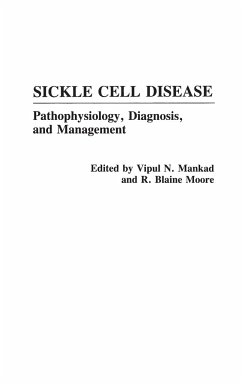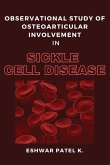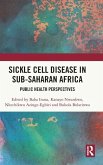Sickle cell disease is a complex disease with a genetic mutation producing a wide variety of manifestations. It is of great public health importance nationally and internationally. While the conclusions of this study support the generally accepted views on the disease, the book provides the most recent information and state-of-the-art knowledge on the subject. The book is unique in that it presents the genetic, molecular, cellular, metabolic, rheologic, clinical, diagnostic, therapeutic, and psychosocial dimensions of sickle cell disease. Its synthesis of micro to macro, molecular to cellular, individual to social relationships provides a comprehensive study of sickle cell disease. The book offers a synthesis of basic science describing genetic, molecular, metabolic, and rheologic aspects of sickle cell disease. Clinical aspects, including diagnosis and treatment, and psychosocial aspects, covering the interaction of the patient with sickle cell disease with society, are also treated. Physicians, scientists, allied health workers, sociologists, and social workers, epidemiologists and anthropologists as well as administrators of sickle cell centers will find this volume useful. The ultimate goal of the book is to improve the understanding of sickle cell disease and to contribute to a better quality of life for those who have the disease or who are at risk of getting it.
Hinweis: Dieser Artikel kann nur an eine deutsche Lieferadresse ausgeliefert werden.
Hinweis: Dieser Artikel kann nur an eine deutsche Lieferadresse ausgeliefert werden.








